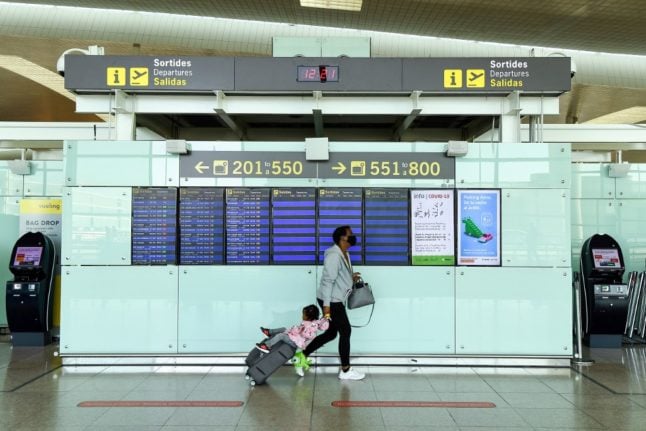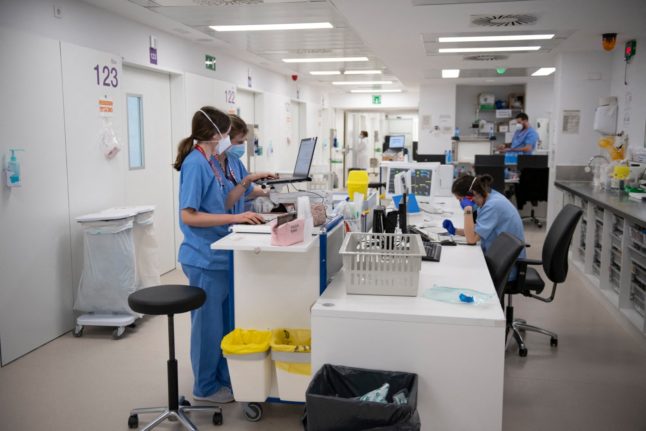The company announced on Friday that it will lease out areas for COVID-19 testing clinics at 15 airports identified as key tourist hubs across Spain.
These are: Adolfo Suárez Madrid-Barajas, Josep Tarradellas Barcelona-El Prat, Málaga-Costa del Sol, Alicante-Elche, Valencia, Sevilla, Bilbao, Palma de Mallorca, Ibiza, Menorca, Tenerife Sur, Gran Canaria, Fuerteventura, César Manrique-Lanzarote and La Palma.
The diagnostic facilities will provide quick PCR, antigenic and serological tests to detect both active infections and the presence of COVID-19 antibodies, and will have isolation areas for travellers awaiting their results.
But the service won’t be available for those arriving in Spain from high risk countries and those travellers will continue to need to show negative test results before they can travel.
“The clinics will be in departure lounges… (for) passengers who will need (tests) in their destination airports, not for those who land in our airports, who will need to bring their tests from their places of origin to pass the health controls in place since May across our network,” the company said in a statement.
“This service will help facilitate the return of passengers to their destination,” the statement added.
Aena adjudica espacios para clínicas de pruebas diagnósticas de #COVIDー19 en las zonas de salida de 15 aeropuertos.
➡️Facilitará el regreso de pasajeros a los que se exige resultado.
✅Los pasajeros de llegada deben traer las pruebas desde el origen.
?https://t.co/i833aDT2tB pic.twitter.com/doUMUEw1W0
— Aena (@aena) January 29, 2021
Travellers will have to make online reservations at the clinics ahead of travel and will be told how long they will have to wait for the test results so they can ensure enough time before boarding their flight.
Those who test positive will not be allowed to fly and will have to follow the protocol established by the health authority in the region.
The statement added that companies contracted to run the clinics in the airports must keep the prices of tests competitive and not exceed the costs of a test in a clinic outside the airport.
READ MORE:



 Please whitelist us to continue reading.
Please whitelist us to continue reading.
Member comments